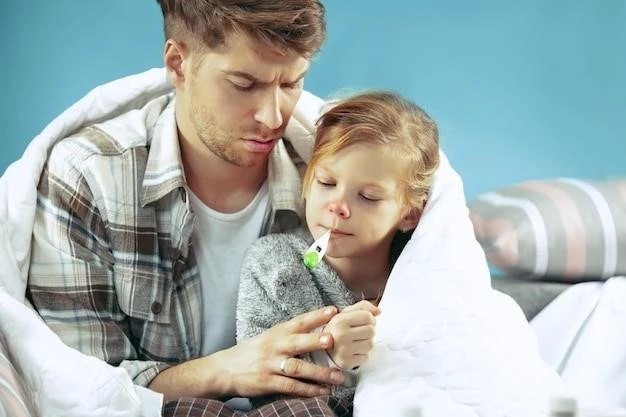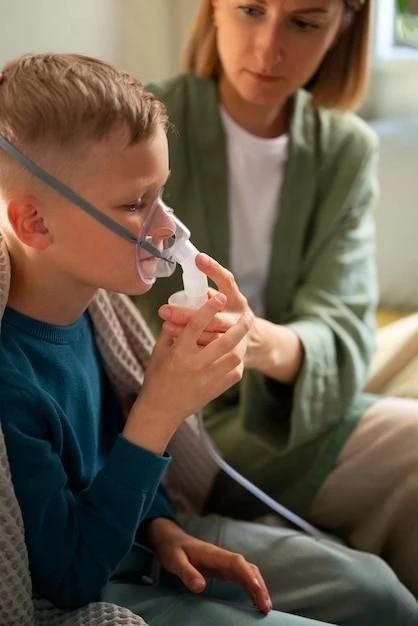Symptoms of Congenital Central Hypoventilation Syndrome
Common symptoms include shallow breathing, disturbed sleep, bluish skin, fatigue, and slow growth. Early detection and management are key.
Overview
Congenital Central Hypoventilation Syndrome (CCHS) is a rare disorder affecting breathing control. It is crucial to recognize the symptoms early for prompt intervention. Seek immediate medical attention if you suspect CCHS.
Treatment Options for Congenital Central Hypoventilation Syndrome
Management may include diaphragmatic pacemakers, continuous positive airway pressure (CPAP), and ventilator support. Consult with healthcare providers for personalized treatment plans.
Medical Interventions
Medical interventions for Congenital Central Hypoventilation Syndrome may include using ventilators, oxygen therapy, and tracheostomy. It is essential to work closely with a medical team to determine the most appropriate treatment plan for each individual case. Regular follow-ups and adjustments to the treatment regimen are crucial to ensure optimal management of the condition.

Genetic Causes of Congenital Central Hypoventilation Syndrome
Most cases are due to mutations in the PHOX2B gene. Genetic testing can help diagnose the condition and guide treatment decisions. Consult a genetic counselor for more information.
Genetic Mutations
Congenital Central Hypoventilation Syndrome is primarily caused by mutations in the PHOX2B gene. These genetic mutations affect the autonomous control of breathing. Genetic testing is essential for diagnosing the specific mutation present, which can help in determining the best course of treatment. It is important to stay informed about genetic advancements in the field to explore any new potential therapies or interventions that may arise in the future.
Management of Breathing Difficulties in Congenital Central Hypoventilation Syndrome
Respiratory support like mechanical ventilation is crucial. Consult with healthcare professionals for personalized care plans and regular monitoring.
Respiratory Support
Individuals with Congenital Central Hypoventilation Syndrome often require respiratory support such as mechanical ventilation to assist with breathing. This non-invasive or invasive support helps ensure an adequate oxygen supply and proper ventilation. Regular consultations with healthcare providers are essential to monitor the effectiveness of the respiratory support and make any necessary adjustments to optimize breathing function. It is crucial to adhere to the prescribed respiratory support regimen and attend follow-up appointments to manage breathing difficulties effectively.
Long-term Prognosis of Congenital Central Hypoventilation Syndrome
With proper management and support, individuals with CCHS can lead fulfilling lives. Regular monitoring is essential for optimal outcomes and quality of life.
Outlook
The long-term outlook for individuals with Congenital Central Hypoventilation Syndrome varies depending on factors like timely diagnosis, adherence to treatment, and overall health. With advancements in medical understanding and interventions, the quality of life for those affected is improving. It is essential for individuals with CCHS to work closely with healthcare providers, follow recommended treatment plans, attend regular check-ups, and stay informed about new developments in the field. By actively managing the condition and prioritizing respiratory support, individuals can strive for a better quality of life and improved outcomes over time.
